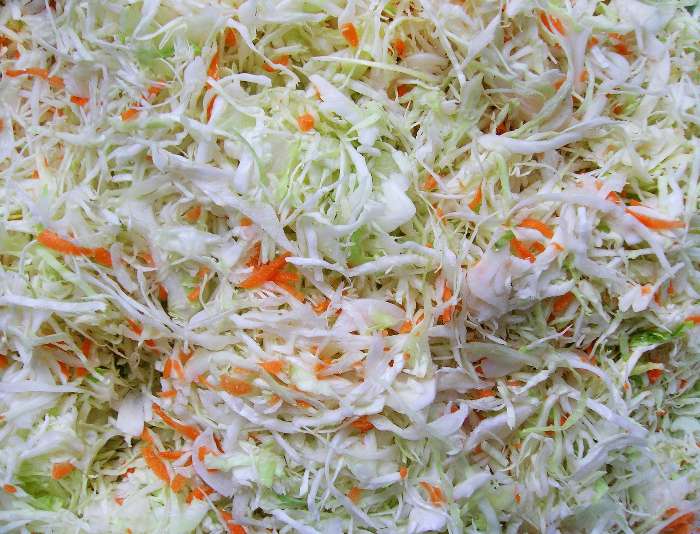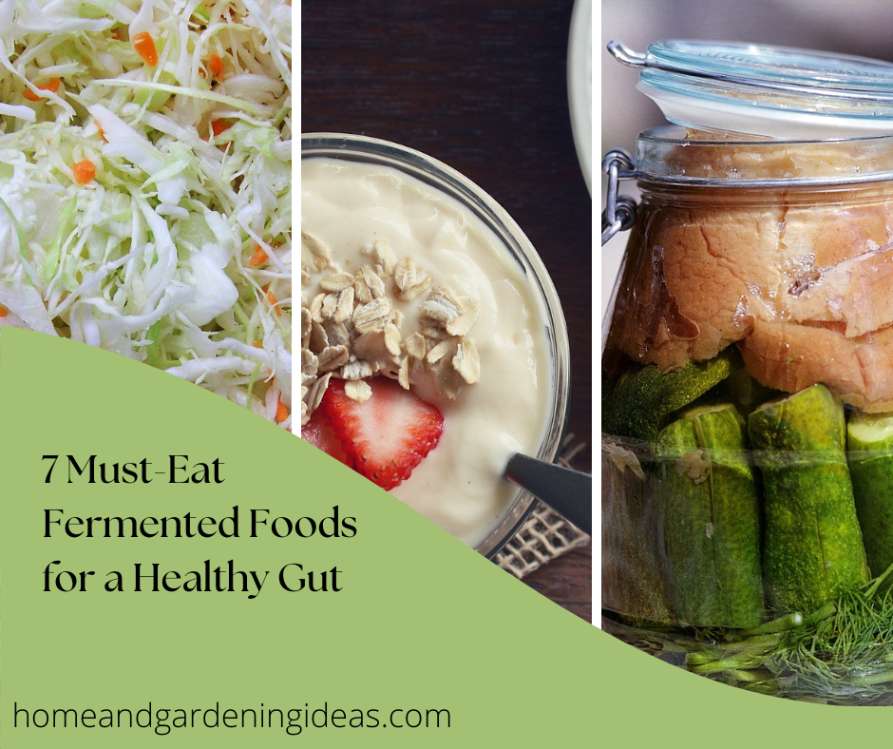7 Must-Eat Fermented Foods for a Healthy Gut
Fermented foods have been a part of our diets for thousands of years, and for good reason. They’re loaded with healthy bacteria, also known as probiotics, which are essential for maintaining a healthy gut. Not only do these bacteria aid in digestion, but they also boost our immune systems, reduce inflammation, and even help regulate our mood.
Here are seven must-eat fermented foods for a healthy gut:
1, Kimchi
Kimchi is a Korean dish made from fermented vegetables, such as cabbage, radish, and scallions. It’s packed with vitamins and minerals, including vitamin C, vitamin K, and potassium. Kimchi also contains a strain of lactic acid bacteria called Lactobacillus kimchii, which has been shown to help reduce inflammation and improve gut health.
2, Yogurt
Yogurt is perhaps the most well-known fermented food on this list. It’s made by fermenting milk with lactic acid bacteria, which gives it a tangy flavor and thick, creamy texture. Yogurt is an excellent source of probiotics, protein, and calcium, all of which are important for maintaining a healthy gut and strong bones.

3, Kombucha
Kombucha is a fermented tea that’s become increasingly popular in recent years. It’s made by combining sweetened tea with a symbiotic culture of bacteria and yeast (SCOBY), which ferments the tea and produces a tangy, slightly effervescent drink. Kombucha is rich in probiotics, antioxidants, and polyphenols, all of which help support gut health.
4, Miso
Miso is a Japanese seasoning made from fermented soybeans, rice, or barley. It’s rich in probiotics and antioxidants, and has been shown to improve gut health, reduce inflammation, and even lower the risk of certain types of cancer. Miso is often used to flavor soups, stews, and marinades.
5, Tempeh
Tempeh is a fermented soybean product that’s often used as a meat substitute in vegetarian and vegan dishes. It’s high in protein, fiber, and probiotics, and has been shown to improve gut health and reduce cholesterol levels. Tempeh has a nutty flavor and firm texture, and can be grilled, sautéed, or crumbled into salads.
6, Sauerkraut
Sauerkraut is a traditional German dish made from fermented cabbage. It’s loaded with vitamins C and K, as well as probiotics, which can help improve digestion and reduce inflammation. Sauerkraut also contains enzymes that help break down food, making it easier for your body to absorb nutrients.

7, Pickles
Pickles are cucumbers that have been soaked in a brine made from water, vinegar, and salt. The fermentation process produces lactic acid bacteria, which gives pickles their tangy flavor and crunch. Pickles are a low-calorie snack that’s high in antioxidants and probiotics, and can help improve digestion and boost your immune system.
Here are some additional points to consider when it comes to fermented foods and gut health:
- Variety is key: It’s important to eat a variety of fermented foods in order to get a range of beneficial bacteria. Each type of fermented food contains different strains of bacteria, so mixing it up will help ensure you’re getting a diverse microbiome.
- Consider homemade options: While there are plenty of store-bought options for fermented foods, making your own at home can be a fun and rewarding experience. It also allows you to control the ingredients and fermentation process to suit your personal tastes and preferences.
- Be mindful of added sugars and salt: Some store-bought fermented foods may contain added sugars or salt, which can be harmful in excess. Be sure to read labels and choose options with minimal added ingredients.
- Start small: If you’re new to eating fermented foods, it’s best to start small and gradually increase your intake. Too much too quickly can cause digestive discomfort, as your gut adjusts to the influx of new bacteria.
- Consider a probiotic supplement: While fermented foods are a great source of probiotics, some people may benefit from additional supplementation. Probiotic supplements can be helpful for those with digestive issues, or for those who want to boost their gut health even further.
In summary, incorporating fermented foods into your diet is a simple and delicious way to support your gut health. By choosing a variety of options and being mindful of ingredients, you can reap the many benefits of these probiotic-packed foods. So, don’t be afraid to experiment with different fermented foods and find what works best for you and your gut!
 Home and Gardening Ideas At home and Gardening ideas we believe inspiring readers about homesteading, self sufficiency
Home and Gardening Ideas At home and Gardening ideas we believe inspiring readers about homesteading, self sufficiency






